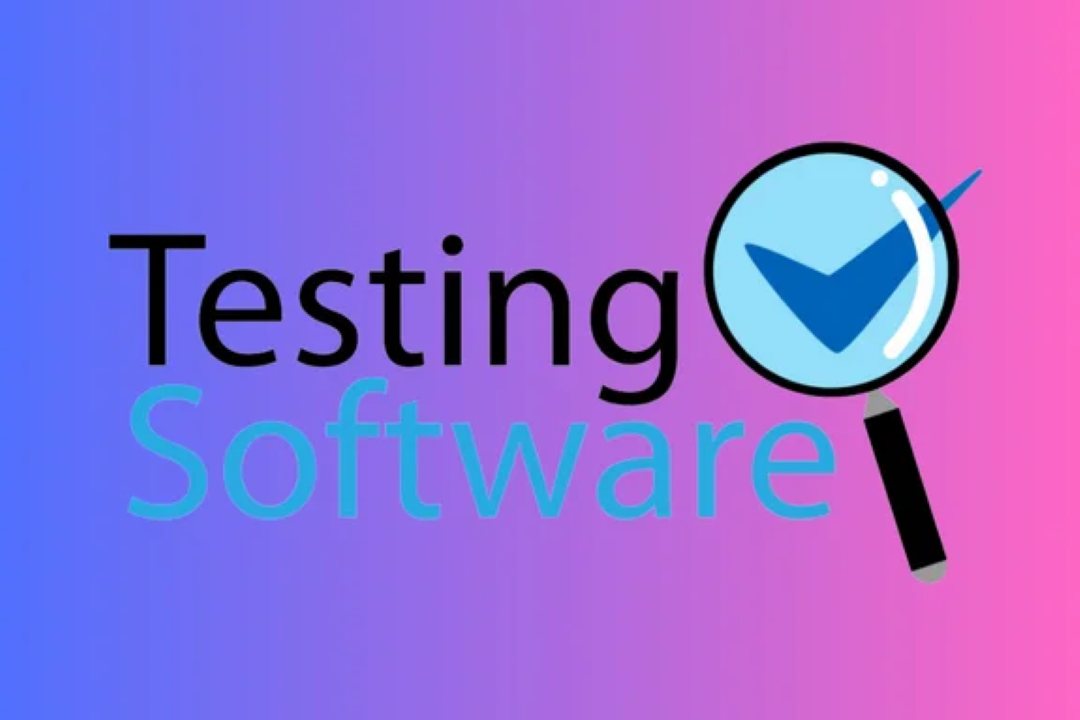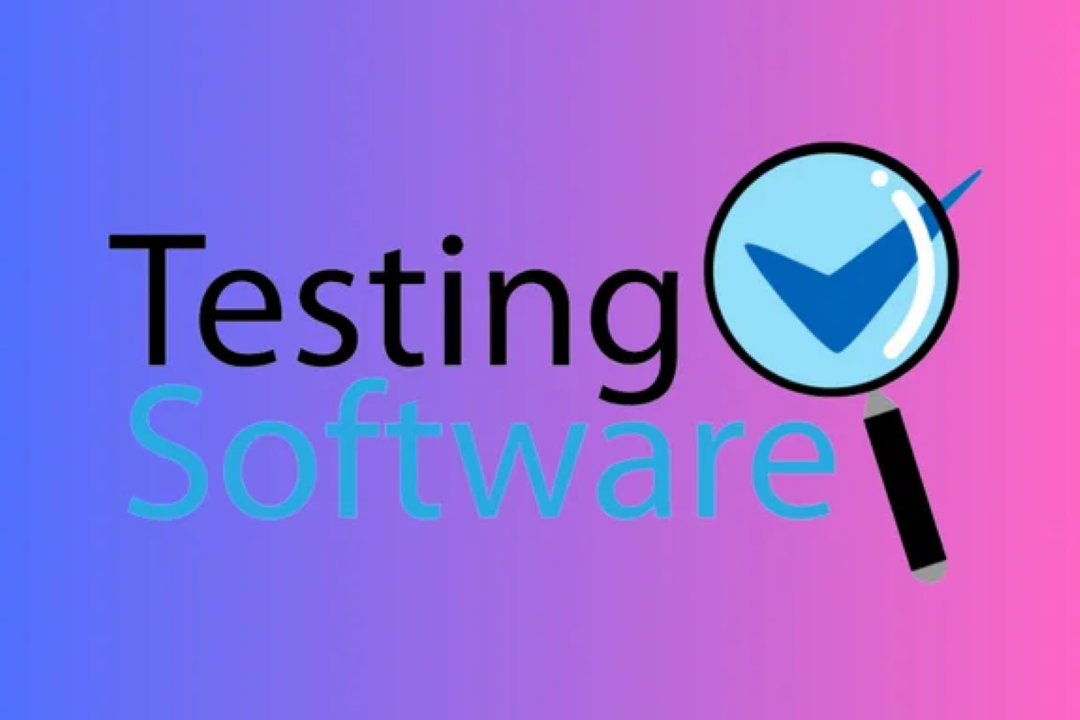best react native IDE for windows
The best IDE for React Native development on Windows is Visual Studio Code. This lightweight yet pow
best react native IDE for windows
Visual Studio Code is widely regarded as the best IDE for React Native development on Windows due to its lightweight nature, flexibility, and extensive support for essential extensions. It enhances productivity with features like IntelliSense for code completion, integrated debugging tools, and seamless Git integration, making it easier for developers to manage projects and collaborate effectively. The vibrant community and continual updates ensure it stays aligned with the latest React Native advancements, making it an invaluable tool for both beginners and experienced developers looking to create high-quality mobile applications.
To Download Our Brochure: https://www.justacademy.co/download-brochure-for-free
Message us for more information: +91 9987184296
Visual Studio Code is widely regarded as the best IDE for React Native development on Windows due to its lightweight nature, flexibility, and extensive support for essential extensions. It enhances productivity with features like IntelliSense for code completion, integrated debugging tools, and seamless Git integration, making it easier for developers to manage projects and collaborate effectively. The vibrant community and continual updates ensure it stays aligned with the latest React Native advancements, making it an invaluable tool for both beginners and experienced developers looking to create high quality mobile applications.
Course Overview
The “Best React Native IDE for Windows” course provides a comprehensive exploration of the top Integrated Development Environments (IDEs) specifically tailored for React Native development on the Windows platform. Participants will learn about the features and benefits of popular IDEs, such as Visual Studio Code, including their flexibility, ease of use, and support for extensions. The course offers hands-on experience with setup, configuration, and leveraging important tools for efficient coding, debugging, and project management. By the end of the course, learners will be equipped with the knowledge and skills to choose and utilize the best IDE for their React Native projects, ultimately boosting their productivity and development efficiency.
Course Description
The “Best React Native IDE for Windows” course is designed to guide learners through the most effective Integrated Development Environments for building React Native applications on Windows. Participants will explore popular IDEs such as Visual Studio Code, highlighting key features, extensions, and configurations that enhance productivity and streamline the development process. With a focus on practical, real-time projects, this course empowers students to optimize their coding experience, improve debugging skills, and efficiently manage their workflow. By the end of this course, learners will have the expertise to select and leverage the best IDE for their React Native projects, setting a solid foundation for their app development journey.
Key Features
1 - Comprehensive Tool Coverage: Provides hands-on training with a range of industry-standard testing tools, including Selenium, JIRA, LoadRunner, and TestRail.
2) Practical Exercises: Features real-world exercises and case studies to apply tools in various testing scenarios.
3) Interactive Learning: Includes interactive sessions with industry experts for personalized feedback and guidance.
4) Detailed Tutorials: Offers extensive tutorials and documentation on tool functionalities and best practices.
5) Advanced Techniques: Covers both fundamental and advanced techniques for using testing tools effectively.
6) Data Visualization: Integrates tools for visualizing test metrics and results, enhancing data interpretation and decision-making.
7) Tool Integration: Teaches how to integrate testing tools into the software development lifecycle for streamlined workflows.
8) Project-Based Learning: Focuses on project-based learning to build practical skills and create a portfolio of completed tasks.
9) Career Support: Provides resources and support for applying learned skills to real-world job scenarios, including resume building and interview preparation.
10) Up-to-Date Content: Ensures that course materials reflect the latest industry standards and tool updates.
Benefits of taking our course
Functional Tools
1 - Visual Studio Code: Visual Studio Code (VS Code) is a highly popular IDE for React Native development on Windows, known for its flexibility and extensive feature set. It offers a wide range of extensions specifically designed for JavaScript and React Native, enhancing the development experience with features like IntelliSense, which provides smart code completions based on variable types and function definitions. Additionally, VS Code includes an integrated terminal, making it easy for developers to run commands without leaving the coding environment. Its lightweight nature ensures that it runs smoothly on various Windows systems, providing a responsive coding experience. The community support for VS Code is robust, continuously contributing to its vast library of plugins and enhancements.
2) Expo: Expo is an open source platform designed to simplify the development process of React Native applications. Developers can use Expo to create apps quickly without the need for extensive configuration or setup. The Expo IDE provides a user friendly interface, enabling students to focus on building their applications rather than dealing with complex dependencies. It includes built in components and APIs that streamline the development of mobile applications, allowing for rapid prototyping and iterative development. The live reloading feature allows developers to see changes in real time, promoting a fast development cycle. By utilizing Expo, students can build and deploy their applications to both Android and iOS seamlessly.
3) Android Studio: Android Studio, the official IDE for Android development, is also a powerful tool for React Native. It includes comprehensive features for building Android apps, providing a robust set of tools for code analysis, debugging, and performance tuning. For React Native developers, Android Studio offers a deep integration with Android specific libraries and modules, helping students understand the nuances of Android development alongside using React Native. With an intuitive layout editor and support for Gradle, students can manage their project structures effectively. Learning to use Android Studio equips them with the skills to handle Android specific challenges while developing cross platform mobile applications.
4) Atom: Atom is a flexible and customizable text editor that serves as a lightweight alternative for React Native development. While it does not have as many built in features as other IDEs, its extensive package ecosystem allows students to tailor their development environment to their specific needs. Atom supports real time collaboration, which is useful for team projects and pair programming. The ability to navigate between projects easily and the seamless integration of Git and GitHub tools enhances productivity. Atom's simplicity and customizability make it an excellent choice for students who prefer a minimalist approach while still having access to necessary development tools.
5) WebStorm: WebStorm is a powerful IDE specifically designed for JavaScript development, including React Native. It offers advanced coding assistance, debugging capabilities, and code profiling tools. Its smart code completion and error detection features help students write error free code. WebStorm supports various frameworks and libraries, allowing seamless integration with React Native. The built in terminal and version control integration simplify the workflow for developers. Additionally, WebStorm’s testing framework allows students to write and execute tests directly within the IDE, ensuring their applications function as intended. Learning WebStorm aids students in mastering efficient coding practices and fosters an environment of productivity.
6) Nuclide: Nuclide is a React Native framework built on top of Atom and is tailored for React Native developers. It adds powerful features focused on mobile development, such as debugging capabilities and integration with the React Native CLI. The interface is designed to improve workflow efficiency by providing a range of debugging tools directly within the IDE. Students will benefit from features like inline documentation and the ability to quickly navigate their codebase. Nuclide’s underlying Atom platform means that users can also access Atom’s extensive package ecosystem, allowing for a highly personalized development environment. Familiarizing students with Nuclide prepares them for specialized React Native tasks and enhances their overall coding experience.
Certainly! Here are additional points to consider for each IDE and tool suitable for React Native development on Windows:
1 - Visual Studio Code:
Built in Git Support: VS Code includes integrated Git commands, enabling students to manage repositories without leaving the IDE, making version control easier.
Customizable Interface: Students can personalize their development environment with themes, layouts, and settings that best suit their workflow.
Live Share: This feature facilitates real time collaboration, allowing multiple developers to work on the same project simultaneously, enhancing teamwork and learning.
Remote Development: With extensions like Remote WSL or Remote SSH, developers can work with remote servers or WSL (Windows Subsystem for Linux), allowing flexibility in their setup.
2) Expo:
No Configuration Required: Expo abstracts many complex configurations, allowing developers to focus on coding rather than setup, making it ideal for beginners.
Cross Platform Support: With Expo, students can develop applications for both iOS and Android from a single codebase, increasing efficiency and learning outcomes.
Over the Air Updates: Expo allows developers to push updates to users without requiring them to download a new version from the app store, enhancing user experience.
Rich Documentation and Tutorials: The Expo team offers comprehensive guides and resources that help students understand features and best practices.
3) Android Studio:
Android Emulator: Built in emulator allows students to test their applications in a virtual device environment, crucial for understanding device specific behaviors.
Performance Analysis Tools: Android Studio provides a robust set of profiling tools to analyze app performance, including memory usage and CPU monitoring, helping students optimize their apps.
Layout Editor: The drag and drop interface for designing user interfaces simplifies UI development, allowing students to visualize their app's layout easily.
Support for Kotlin and Java: Students learning React Native can also gain insights into native Android development languages, broadening their skill set.
4) Atom:
Teletype Feature: This allows developers to share their workspace with team members, fostering collaboration and real time editing capabilities, which is vital for team projects.
Customer Packages: Students can install packages such as `atom react` and `script` that improve React Native development, enabling tailored functionality to meet their needs.
Multi Platform Support: Atom runs on Windows, macOS, and Linux, providing consistency for students who may switch devices or collaborate with peers using different platforms.
Markdown Preview: Built in support for Markdown allows documenting code and projects directly within the IDE, facilitating better project management and communication.
5) WebStorm:
Refactoring Tools: WebStorm offers powerful refactoring capabilities, making it easy for students to restructure their code while maintaining functionality.
Framework Specific Features: It supports various frameworks and libraries in JavaScript ecosystems, allowing students to integrate tools like Redux seamlessly.
Testing and Debugging: Built in testing frameworks and debugging tools cater specifically to JavaScript and React, giving students the resources needed to create robust applications.
Support for TypeScript: As TypeScript grows in popularity for React projects, WebStorm's excellent TypeScript support aids students in adopting modern development practices.
6) Nuclide:
Customized Environment for React Native: Nuclide focuses on React Native development, offering specific tools and features tailored to streamlining mobile app processes.
Integrated Debugging Tools: It provides tools for debugging React Native applications directly, allowing students to set breakpoints and inspect variables in real time.
Home Screen with Quick Access: The customizable home screen serves quick links to important resources, documentation, and settings, making it easier for students to navigate.
Encourages Best Practices: Built in linting features help enforce coding standards, encouraging students to write cleaner, more consistent code throughout their development journey.
These additional points underscore the benefits and features of each tool, allowing students to understand the advantages they can leverage while developing React Native applications on Windows.
Browse our course links : https://www.justacademy.co/all-courses
To Join our FREE DEMO Session:
This information is sourced from JustAcademy
Contact Info:
Roshan Chaturvedi
Message us on Whatsapp: +91 9987184296
Email id: info@justacademy.co










